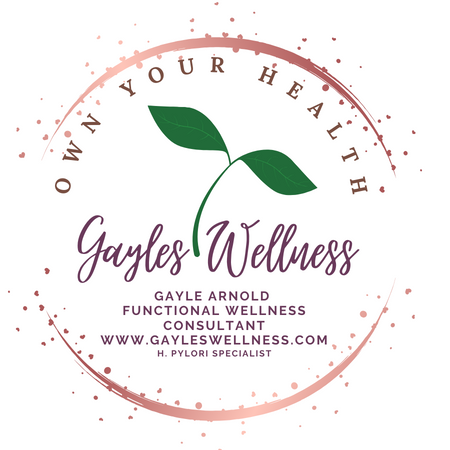There are as many bacteria in and on your body as you have cells. Along with viruses, yeasts, these all live in a symbiotic balance with you. You have 150 times more DNA in your microbiome than in the cells of your body.
The combination of these within the digestive track is called the Gut Microbiome and the health of this combined community determine your overall wellness.
Your gut microbiome contains about 3.5 to 4 pounds of bacteria all of which help to make vitamins, protect you against infection, and runs your metabolism.
It manufactures more neurotransmitters than the brain. 80-90% of your serotonin is made in the gut and every class of neurotransmitter has been found in the gut.
70% of your immune system is located in the gut.
The gut microbiome is impacted by everything you do, where you live, what you eat, how active you are, your emotions. Some of this is beyond your control, but whenever possible, it’s important to make the choices which will support the gut microbiome.
When the gut microbiome is disrupted, you can begin to experience discomfort and symptoms which have the potential to lead to diagnosable disease.
What can lead to digestive imbalances?
- Genetics: which are highly influenced by lifestyle choices
- Chronic stress: both psychological and physiological
- Smoking: Vaping as well
- Infections: which are also a physiological stressor
- Toxins: environmental, irritants, heavy metals
- Lack of exercise
- Lack of dietary fiber
- Medications: both over-the-counter and prescribed
- Low stomach acid: the stomach pH has become too alkaline
- Poor food choices: processed foods, high sugar, Standard American Diet
- Alcohol
What benefits the Gut microbiome?
- Eating a Mediterranean-type diet emphasizing a plant-based diet, focusing on unprocessed cereals, legumes, vegetables, and fruits, moderate consumption of fish, full fat dairy products and red meat, olive oil.
- Eating prebiotic rich foods which provide the substrate fibers to feed beneficial bacteria. Foods like beans, root vegetables, fruits. The microbiome and prebiotic-rich foods feed the microbes which make short chain fatty acids. SCFAs as the main fuel sources for your colon, where the majority of bacteria in the gut reside. They provide energy, maintenance, and repair for the colon.
- Eating cultured and fermented foods. These foods are highly beneficial to the gut microbiome. The DO NOT replace probiotics. These are essentially super foods, which are providing benefits from the ferment. The addition of bacteria or fungus to these foods will break them down into new compounds like organic acids, vitamins, peptides, which are highly beneficial to the gut microbiome. These DO NOT REPLACE PROBIOTICS!
- Your circadian rhythm is your body’s natural 24-hour clock. It keeps your body operating on a healthy wake-sleep cycle. Your circadian rhythm affects many other systems throughout your body. The circadian rhythm controls diurnal rhythms in gastrointestinal digestion, absorption, motility, hormones, barrier function and the gut microbiota. Impaired sleep, shift work all impact the gut microbiome.
- Eating Hygiene: Chewing foods stimulates production of gut hormones that signal satiety. Eating mindfully or consciously can help you digest food more efficiently and minimize digestive issues.
- Hydration: Maintaining optimal hydration status for proper cell function throughout the body. Adequate hydration helps to normalize gut motility and gastric emptying. It also acts as a lubricant and comprises the bulk of mucus, which is throughout the digestive track.
Every single body benefits from different lifestyle choices and even different ways of eating. Learning which food choices benefit your unique body the most requires experimentation and being willing to step out of what’s become “normal” for you.

0 Comments